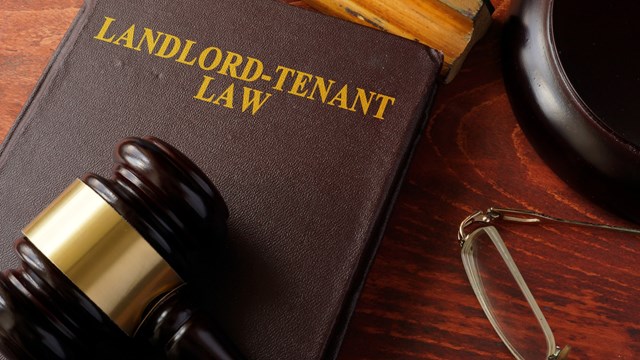Q I’m a past president and current shareholder of a co-op. The current board is saying—that two years ago when I was president—I am responsible for decisions that the majority board decided back then. My apartment is for sale and the board is demanding payment of some of the expenses the board incurred two years ago before they will approve an interested buyer. All invoices and contracts I signed were done after either a majority board or shareholder vote. And all bills were paid via assessments or out of our holding account. What are my options?
—Confused in Jackson Heights
“Your proprietary lease and the bylaws of your apartment corporation likely grant the board of directors the right to impose conditions on the transfer of an apartment. However, the right to impose conditions is limited. Even without reviewing the lease and bylaws, it is reasonable to conclude that a court would find the requirement that a shareholder—who is a former officer and director—pay for a cooperative’s past expenses to constitute an unlawful condition, unless there had been some finding of misconduct.
“If you reach an impasse and the board refuses to relent, you have two options. First, you can sue the cooperative corporation and seek declaratory and injunctive relief, requiring the board of directors to approve the transfer without the condition of repayment of the expenses. Depending upon your proprietary lease, you may be entitled to recover your attorneys’ fees if you prevail. Second, you can pay the expenses under protest, proceed to closing, and then sue the cooperative to recover the expenses.”







Leave a Comment